
At Fast Bleep, we understand that finding trustworthy health information online can be confusing. Our goal is to provide friendly, research-based blogs to help you live a healthier, happier life.



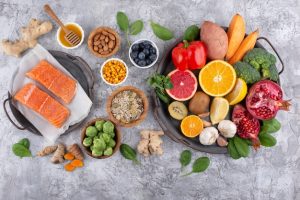
At Fast Bleep, we simplify health information to help you live better every day. Dive into friendly, research-based topics like digestion, immunity, genetics, and more — your wellness journey starts here.


At Fast Bleep, we believe that reliable health information should be easy to understand, accessible, and friendly — just like advice from someone who genuinely cares.
In a world full of confusing and misleading health content, we aim to be your trusted companion. Our blogs are crafted to provide clear, research-based insights on common health issues like fatigue, digestion, genetic conditions, and immunity — explained in a way that anyone can relate to.
Whether you’re trying to improve your lifestyle or simply enjoy reading practical health tips, Fast Bleep is here to guide you on your journey to better living — with simplicity, accuracy, and care.

A healthy lifestyle involves making small everyday decisions that enhance your health in the long run. You

Eating healthy foods becomes really difficult when you are working and attempting to lead a social life.

Small lifestyle changes can transform your health without disrupting your life. Individuals who produce small, consistent changes

Eating the right foods helps you live longer and feel better. Superfoods are foods packed with nutrients
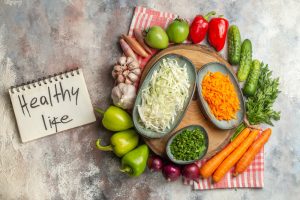
Eating the right foods is very important for good health. Knowing the top healthy foods and their

A healthy lifestyle changes your body and mind for the better. When you eat good food and





A healthy lifestyle involves making small everyday decisions that enhance your health in the long run. You
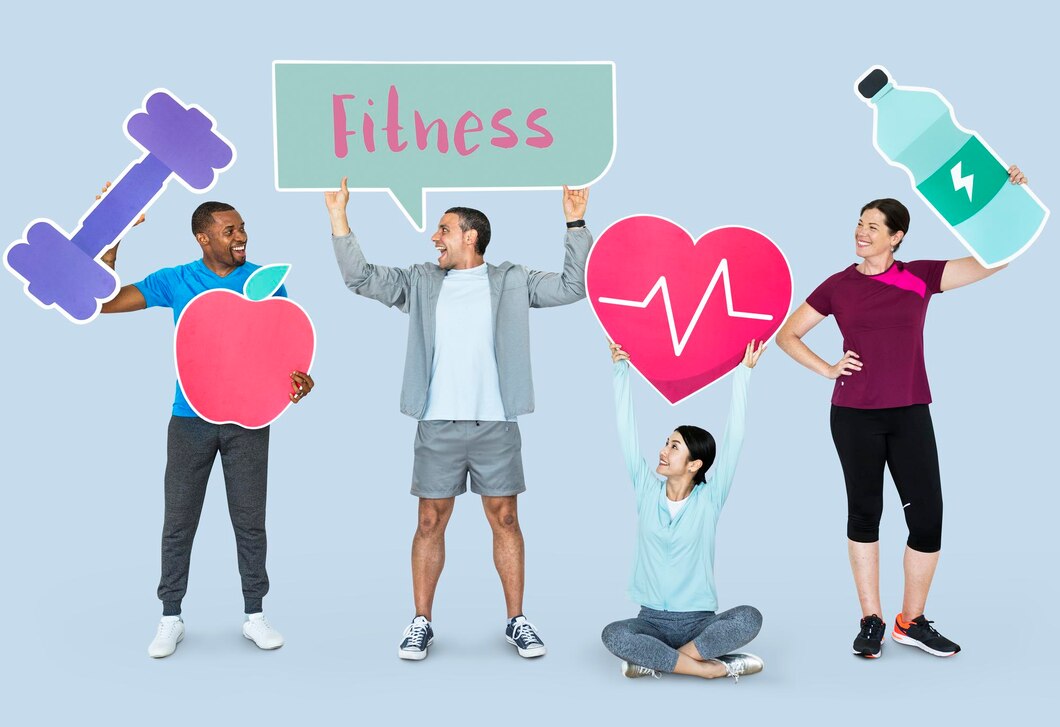


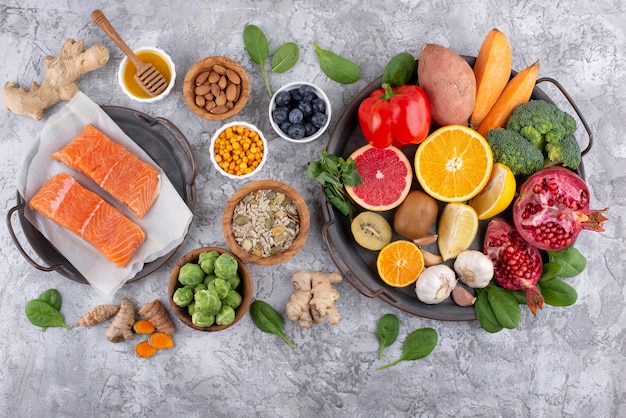

Social media’s introduction has completely changed how we engage and communicate with one another. But it has

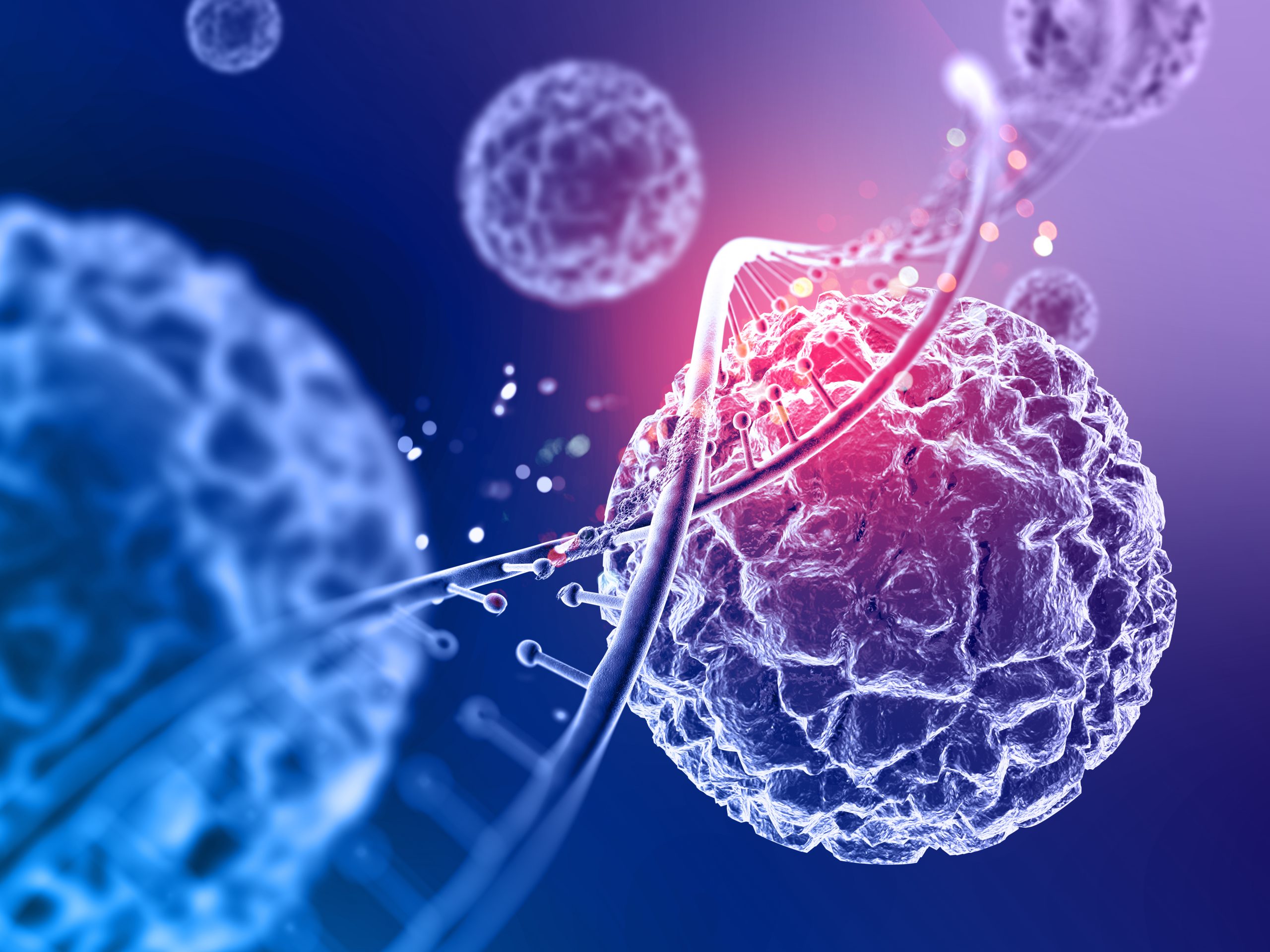

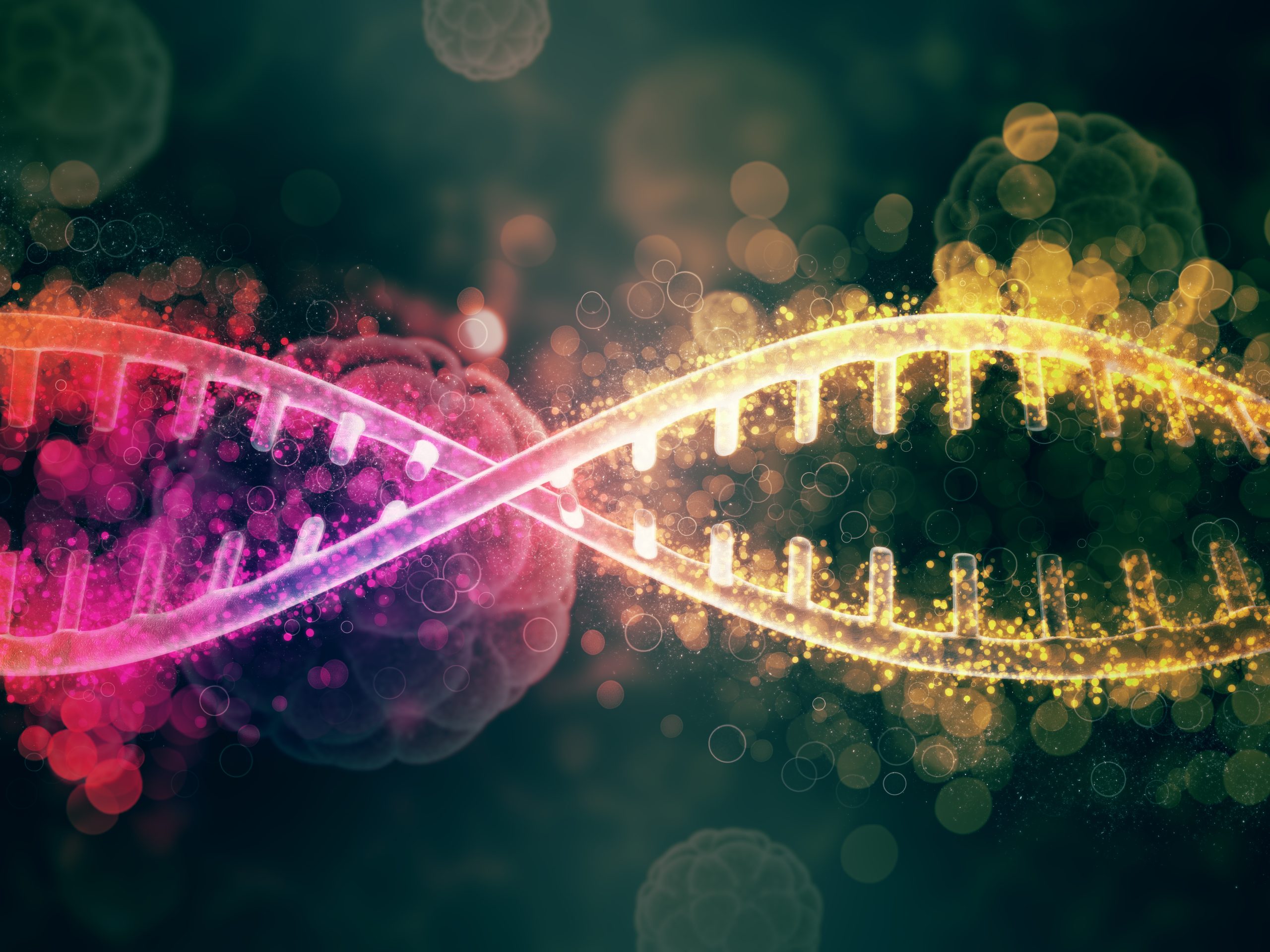

Herbal Medicines is beneficial for medicines. https://www.fastbleep.com





Fast Bleep is a blogging articles to help and share ideas related to health and medicine.
Join our newsletter for simple health tips, wellness insights, and the latest blog updates — straight to your inbox.
Copyright © 2025. All Rights Reserved.